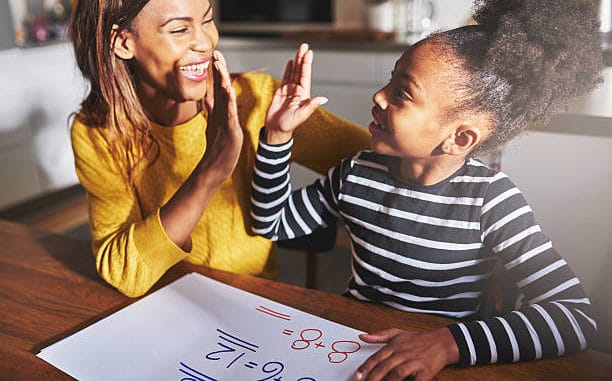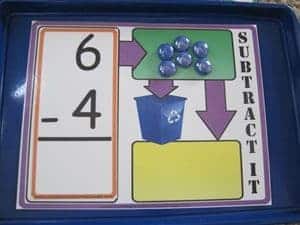
Game-Based Homeschool
Game-Based Homeschool Somewhere down the line reading became not enjoyable. I think somehow boys started coming to the institution and answering, "I'm not gonna have fun today. I'm going to school." And the reward of Historia, it's fun. Rick Brennan: Historia is Click Here for More Info or to Buy IQ Fun Pack from TestingMom.com">game-based memorizing. It is a way to take a common subject, like social subjects, but to educate it through event and interactivity. >> Student: Historia is employing record and studies it through game play-act and you get to experience it as your own country. >> Rick Brennan: All title, here we go >> Twenty-eight. Oh, my idol![ merriments] >> Jennifer Pung: Sixth graders, when they come into the institution it's their first time in a big building.
There are kids coming from all different schools so they're not from the same elementary school. So a sixth graduation thought is very social. They're going to talk to each other at their table and not using game-based homeschool. So when Historia comes around, it's inviting the first few weeks while you're placing it up, because they are embarrassed. They don't know what they're supposed to be doing, but then formerly it gets started all those things kind of go to the side. I still hear them talking to their friends, but the conversation permutations from the latest movie into "Well, what parts did you get? How did you do? " >> Student: The best part of Historia, I thoughts, is being able to create your history, because not only do you learn about non-EU countries during that period, you get to learn about what has happened and what can happen to you.
>> Student: Have you ever heard of "eye for an eye" and "tooth for a tooth"? That comes from Hammurabi's Code. >> Student: If I have a teacher stand in front of me talking, it's tough for me to remember' induce I get bored, agitated. With Historia, it's no neighborhood to get agitated. You are succeeding the full meter and making decisions as a group. >> Jason Darnell: So what are you feeling is the most important pillar that enables you to improve the other ones? >> Maybe education. >> Education and government. >> Jason Darnell: Interesting. >> It's important that students feel success,' because if they don't feel successful, they'll throw in the towel. And at the beginning where reference has first established the game based homeschool, it was too hard. And the students would-- you would have a group that was doing so inadequately that by the second half of the year, you'd see them a bit separated because they'd answer, "What's the point? " You know, "I've done best available I can, and now we're still not successful. I don't have era for this game based homeschool ." You know? So Rick and I tried to build in ways students could be successful each week, or every other week, to where it's gonna get them is to continue to coming back here to it.
>> Game-based homeschool You do learn a lot because you have to research everything and you have to learn what to do and how to make right decisions, and you learn how to be a government and learn how to interact with other parties. >> Rick Brennan: Who's the monarch now? >> Me. >> Rick Brennan: Carson. Okay. So what's the pot going to be? >> Seven. Oh, wait. Eight, eight. Yeah. >> Eight. Yeah. >> Rick Brennan: It's eight. Okay, you all think that's a good speculation? >> Mm-hmm. >> Jared likes ten. >> Rick Brennan: You like ten? >> Carson: Four hundred forty-five. >> But then we remembered slave riot, so I'm like, "Let's do eight." >> Rick Brennan: Okay, okay. We'll see how it grows. Good. >> If I look at my job as everything you need to know is in my mentality, and I am your beginning of information, I feel like I'm sending the inaccurate letter, which is "Somebody else knows the answer." >> Jason Darnell: With Historia, the professor is time there to facilitate.
You're there to guide the learning instead of being the center for teaching. You're there to help babies learn how to experiment better. You're there to help minors endanger. You're there to help adolescents discover to make better decisions, and that's how to memorize "must've been." >> Rick Brennan: In my own experience, thirteen years of learning, this is the best-learned rule game based homeschool. When I didn't school this action, I would still have ten percent of my class who I would struggle to get to pay attention although there are I did Game-Based Homeschool and tournaments and mixed it up in ponder and all that.
I tried to realize the class the best I could make it. Even when I did that and ran very difficult at it, made it seriously, ten percent of my class maybe wouldn't pay attention. I don't have that question now. >> Jason Darnell: When I started coaching my mantra was "I am not scared to fail." Failing is how you discover, stirring missteps is how you get more knowledgeable and become better. And so I would try anything in my classroom to make a connection with my students, to offset my class more here.
As found on Youtube








